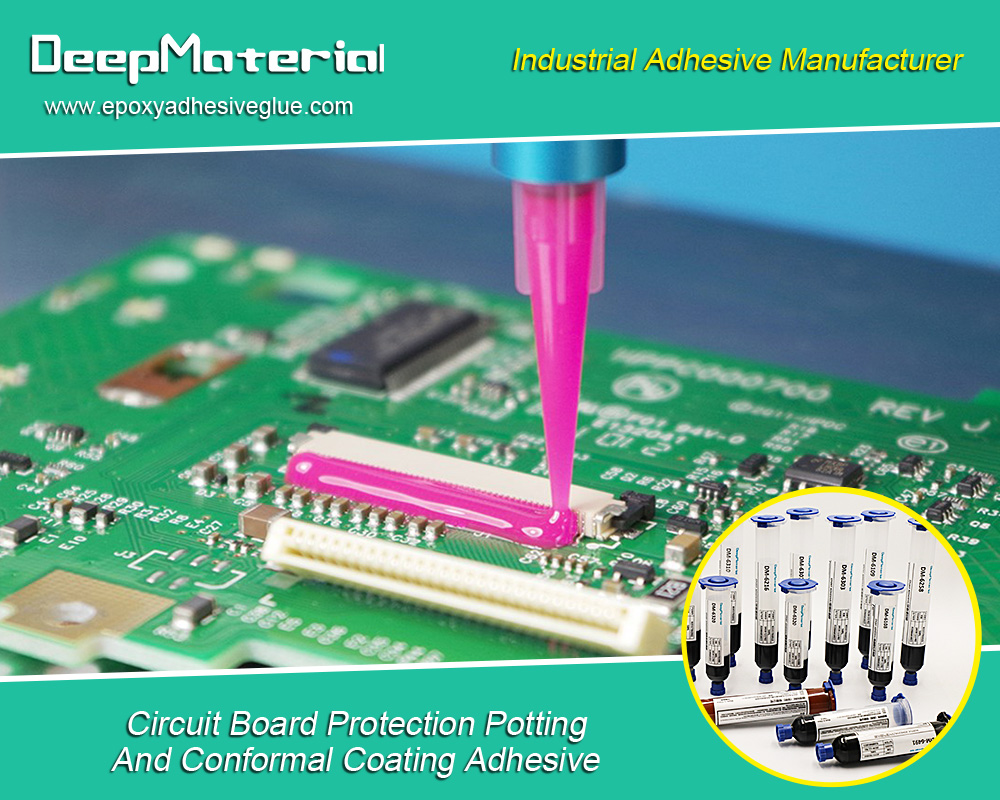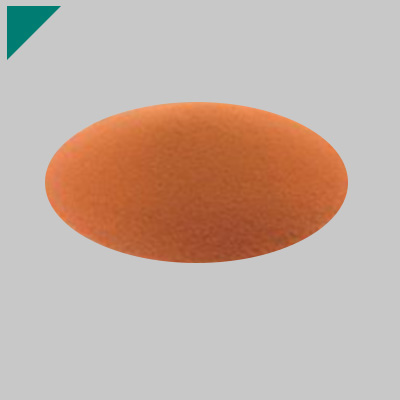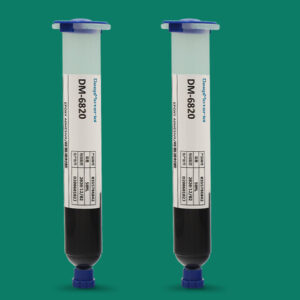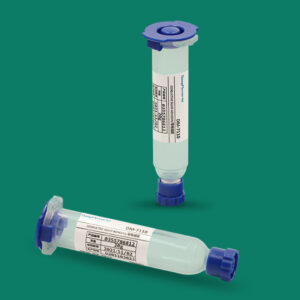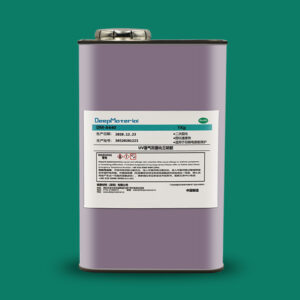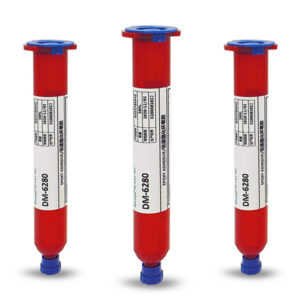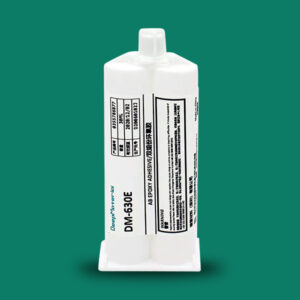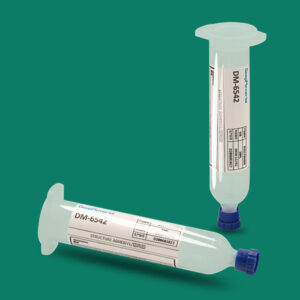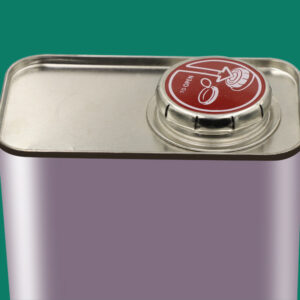Flexible Connectivity: Exploring the Potential of FPC Bonding Adhesive
Flexible Connectivity: Exploring the Potential of FPC Bonding Adhesive
FPCs or flexible printed circuits have become almost indispensable in modern electronics. FPCs ensure that electronic devices are lightweight and more compact. However, FPC technology will be incomplete without sophisticated adhesive solutions. These adhesives play a crucial role in the reliability and functionality of countless electronic applications.
This post delves into the world of FPC bonding adhesive, shedding light on its remarkable significance in diverse industries and applications.
By exploring the properties of FPC adhesive, we aim to unveil the immense potential it holds for enhancing electronic connectivity, reliability, and adaptability. Read the rest of the post to find out everything you should know about FPC bonding adhesives.
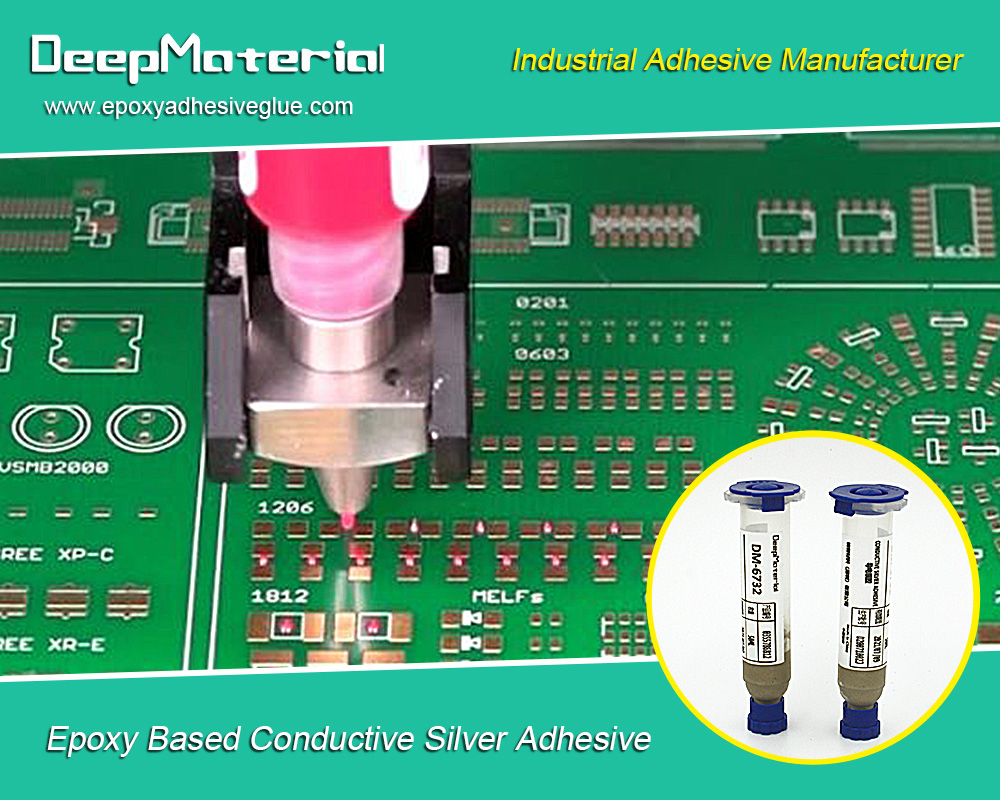
FPC Bonding Adhesives Explained
FPCs remain a significant component of every electronic device. They are so versatile on electronic devices because of the kind of adhesive used on them. FPC bonding adhesive is a specialized material that ensures the secure attachment of these flexible circuits to rigid or flexible substrates.
FPC bonding adhesives play multiple roles in electronic devices, providing structural support, electrical insulation, and electrical conductivity.
Effective FPC adhesives possess a unique set of properties and characteristics that make them indispensable in modern electronics. These include flexibility, thermal stability, electrical conductivity, and resistance to environmental factors.
By understanding these qualities, we can appreciate how FPC bonding adhesive contributes to the reliability, functionality, and adaptability of electronic devices across a spectrum of industries and applications.
FPC Bonding Adhesive Applications
FPC bonding adhesive is being adopted by numerous industries for different projects. It is like that because this adhesive offers reliability and dynamism.
This section will underscore the different applications of FPC bonding adhesive across various industries such as consumer electronics, automotive, medical devices, aerospace, and more. As we explore its adaptability, we will appreciate how this particular adhesive solution is redefining modern technology.
The Advantages of Using FPC Bonding Adhesive Solutions
FPC bonding adhesives offer several advantages when they are used for assembly of electronics components. With such adhesives, devices are sure of better reliability, enhanced design flexibility, as well as a host of other benefits.
Other advantages of using FPC bonding adhesives are ability to reduce assembly costs, minimize signal interference, enable compact designs, and contribute to lightweight and robust electronic systems.
Acknowledging these advantages will enable you to appreciate the importance of FPC adhesive in modern electronic applications.
How FPC Adhesives Are Contributing to Bendability and Flexibility
Flexible Printed Circuits are known for their bendable and conformable nature, and the adhesive used plays a pivotal role in preserving these characteristics. This section will explore the specific ways in which FPC adhesive enables flexibility, allowing electronic devices to bend, and twist.
Basically, they allow them to adapt to various form factors. By understanding this aspect, we can appreciate how FPC adhesive facilitates innovative designs in the electronics industry.
The reliability and longevity of FPC connections are crucial for electronic device performance. FPC bonding adhesives ensure secure connections and also makes sure flexible circuits remain robust throughout their service life.
FPC bonding adhesive offers protection against wear and tear, environmental factors, and mechanical stress, ultimately prolonging the lifespan and reliability of FPC-based systems.
FPC Bonding Adhesives Compatibility with Various FPC Materials
FPCs are usually constructed with different materials. It is noteworthy to point out that the various materials do not have exactly the same requirements and properties. Adhesive compatibility with these diverse materials is crucial to ensure a reliable bond.
Interestingly, FPC bonding adhesives are formulated to work with different FPC substrates, including polyimide, polyester, and other materials. The compatibility of FPC bonding adhesives underscores its versatility across a range of applications.
The Significance of Precision Bonding in Flexible Printed Circuits
Precision in bonding is paramount when working with FPCs, as small misalignments or inaccuracies can lead to performance issues. FPC bonding adhesive plays a vital role in achieving precise, error-free connections.
This part of this post will underscore the significance of precision in FPC bonding and how adhesive technology enables manufacturers to achieve the desired level of accuracy. Whether it’s for signal integrity, electrical conductivity, or mechanical stability, precise bonding is essential for optimal FPC performance.
FPC Bonding Adhesives in Different Applications
FPC bonding adhesives and FPCs ought to get many credits for consumer electronics versatility. In this section, we explore the specific applications within the consumer electronics sector where FPC adhesives are indispensable.
From tablets and smartphones to smart appliances and wearables, compact, flexible, and reliable connections in modern electronics are assured with FPC bonding adhesives.
Beyond consumer electronics, FPC bonding adhesive finds extensive use in critical industries such as automotive, aerospace, and medical devices. We will explore how FPCs, with the support of adhesive technology, are utilized in these sectors to meet demanding performance, reliability, and safety standards.
This discussion highlights innovative applications in automotive sensors, aerospace instrumentation, and life-saving medical devices, emphasizing the role of FPC adhesive in enabling these advancements.
The Future of FPC Bonding Adhesives
FPC bonding adhesives are far from reaching their final form. They will continue to evolve into even more advanced adhesive solutions. Continuous research, development, and innovation initiatives are focused on further improving the performance, longevity, and adaptability of FPC bonding adhesives. In essence, the objective is to achieve a more dependable FPC bonding adhesive.
As the world of electronics continues to evolve, the demand for flexible connectivity solutions is on the rise. This subsection will examine emerging trends in the utilization of FPC bonding adhesive. It will showcase potential applications in cutting-edge technologies and industries, including but not limited to the Internet of Things (IoT), flexible displays, robotics, and more.
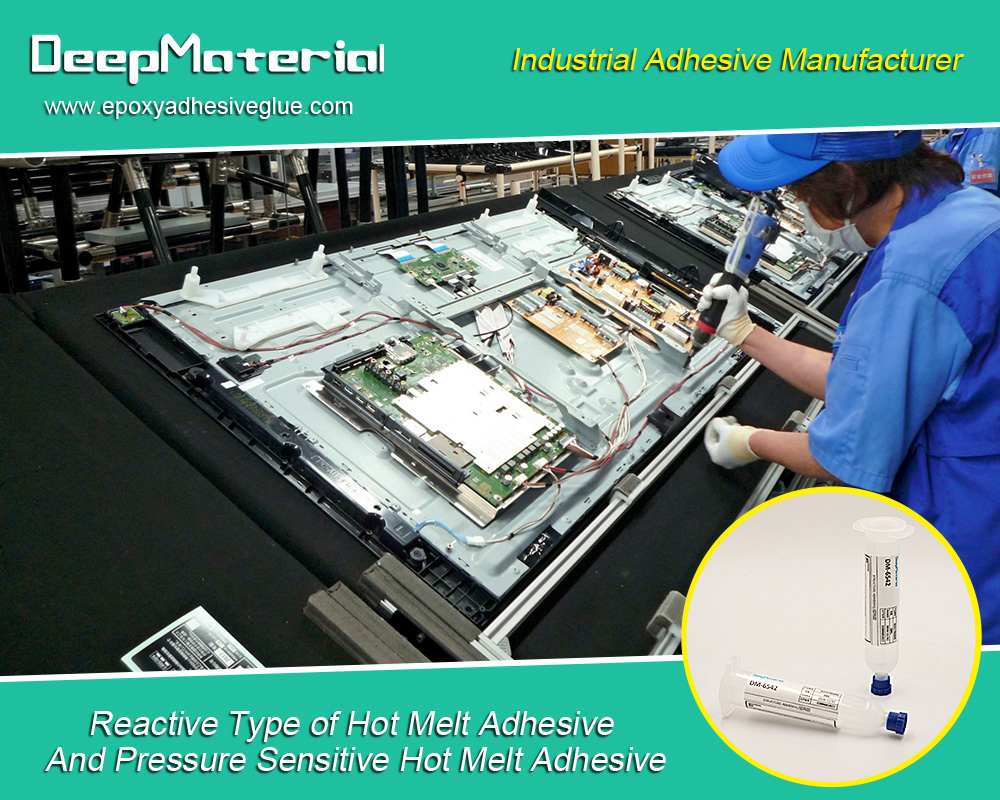
Final Words
FPC bonding adhesives are considered important in the electronics industry. As a matter of fact, they have reshaped the world of flexible printed circuits. With FPCs, electronic devices are becoming much smaller and more reliable today.
This post underscores that the advancement of FPC bonding adhesive technology remains an ongoing process. Research efforts are actively pursuing enhancements in the strength and longevity of FPC bonding adhesive solutions.
For more about choosing the Potential of FPC Bonding Adhesive, you can pay a visit to DeepMaterial at https://www.epoxyadhesiveglue.com/category/epoxy-adhesives-glue/ for more info.


